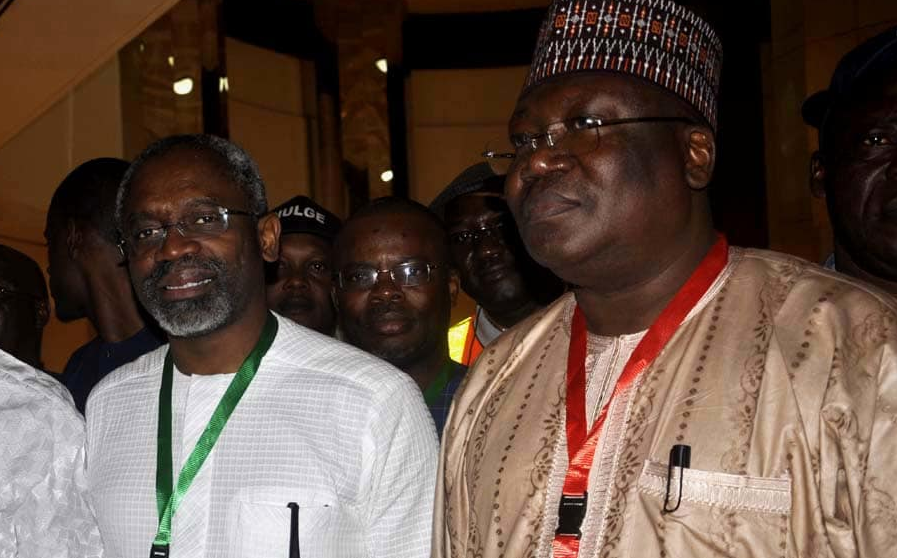There are no products in your shopping cart.
| 0 Items | £0.00 |


HUMAN rights pressure group the Socio-Economic Rights and Accountability Project (Serap) has filed a lawsuit against the leaders of the National Assembly over their failure to publish reports of all completed public hearings and corruption probes since 1999.
In the first such suit of its kind, Serap, named senate president Senator Ahmad Lawan and the speaker of Federal House of Representatives, Hon Femi Gbajabiamila in its lawsuit. They are both being sued over their failure to publish reports of all corruption probes by the National Assembly and their refusal to disclose the number of probes that have resulted in indictment of suspects.
This suit by Serap also calls on them to name any suspects who have been indicted. The suit followed recent public hearings by the National Assembly on corruption allegations in ministries, departments and agencies, including the Niger Delta Development Commission (NDDC) and the Nigeria Social Insurance Trust Fund (NSITF).
Reports of several public hearings and corruption probes have remained secret and the allegations unresolved. In the suit filed last week at the Federal High Court, Abuja, Serap is seeking an order of mandamus to direct and compel Senator Lawal and Hon Gbajabiamila to send all reports of completed public hearings and corruption probes to appropriate anti-corruption agencies to consider if there is sufficient admissible evidence to pursue prosecution.
Serap is also seeking an order for leave to apply for judicial review and an order of mandamus to direct and/or compel both National Assembly leaders to widely publish all reports of completed public hearings and corruption probes by the Senate and the House of Representatives and to disclose the number and names of any indicted suspects since 1999. The suit is also seeking to compel both of them to sponsor a resolution to stop lawmakers from directly getting involved in the execution of projects by ministries, departments and agencies (MDAs) and to ensure the proper and effective exercise of their oversight functions over corruption allegations.
In addition, Serap is also arguing that Nigerians have the right to information, as guaranteed under Section 39(1) of the Constitution of Nigeria, 1999 and Article 9 of the African Charter on Human and Peoples’ Rights, which the country has ratified and domesticated as part of its national laws. This suit was filed on behalf of Serap by its lawyers Kolawole Oluwadare and Opeyemi Owolabi.
It read in part: “There is no legally justifiable reason why the information should not be made widely available to Nigerians and why the prosecution of indicted suspects should not be pursued, where there is relevant admissible evidence. Public officers are mere custodians of public records and there is legitimate public interest in the publication of the reports of these public hearings and probes.
"Public hearings and probes can only serve as effective mechanisms to prevent and combat corruption if their reports are widely published. The exercise of oversight functions and powers by the National Assembly to conduct public hearings and corruption probes in MDAs should be regarded as a public trust and the National Assembly has a unique opportunity to enhance the integrity of its oversight functions on corruption matters in particular, and other constitutional roles, in general.
“Lack of transparency and accountability about the systemic and widespread corruption allegations in MDAs and among high-ranking public officials has continued to create a culture of impunity and to have negative impacts on socio-economic development, as well as access of Nigerians to public goods and services, including quality education, adequate healthcare, clean water and regular electricity supply.”